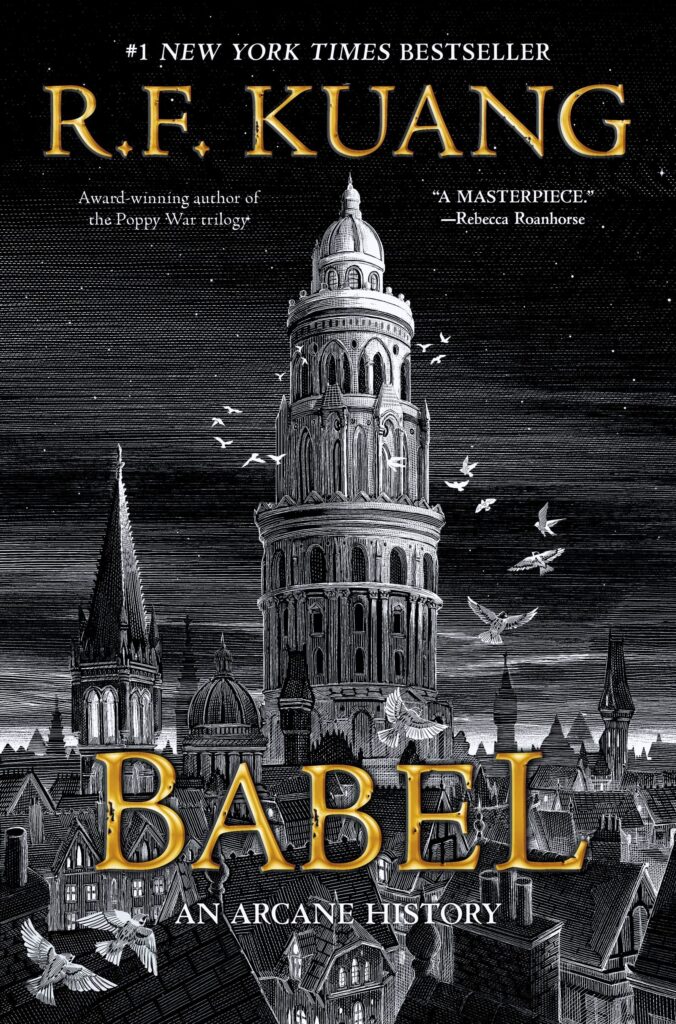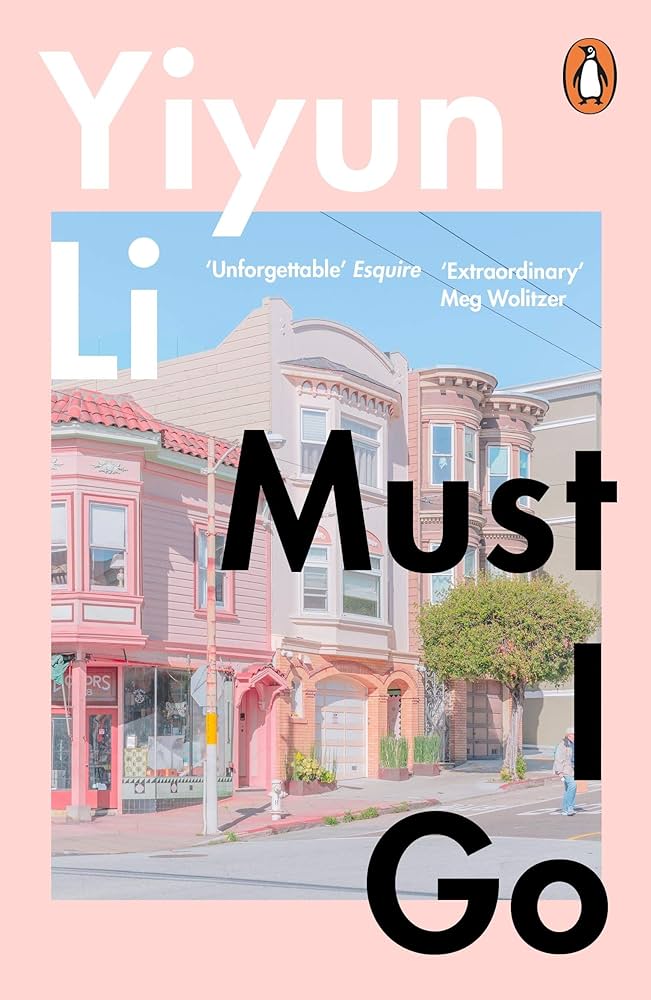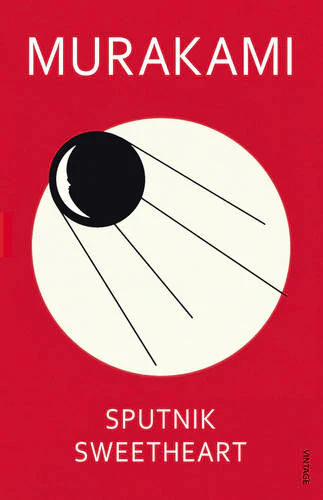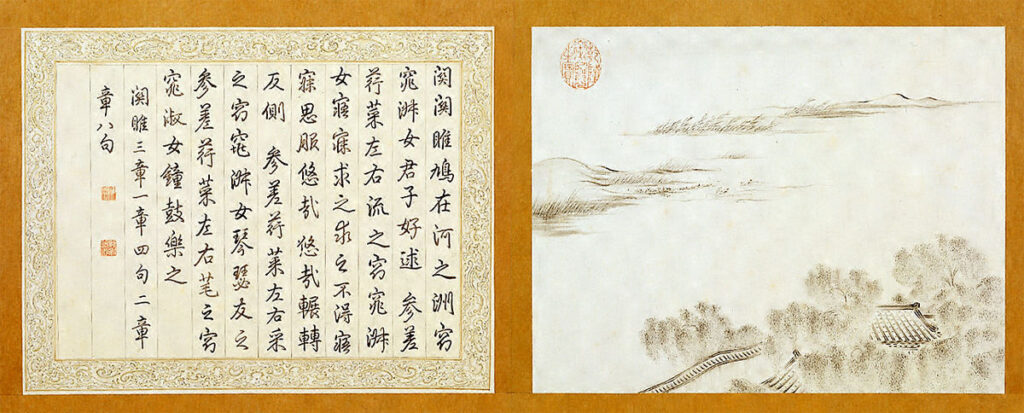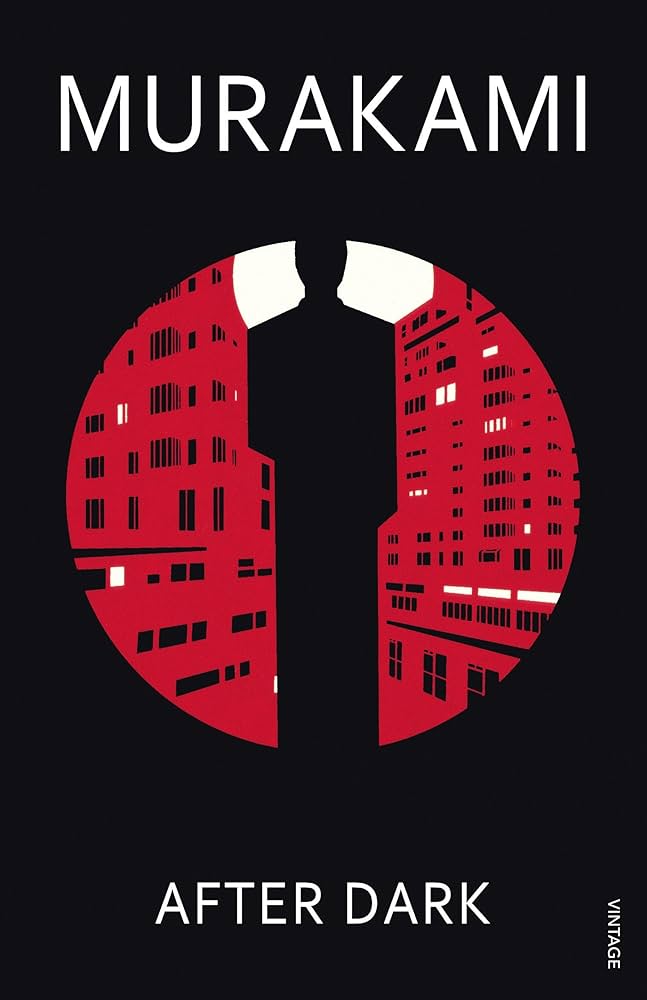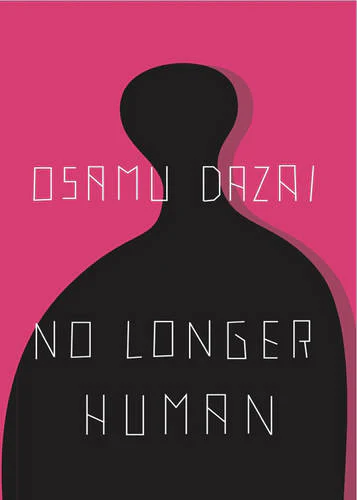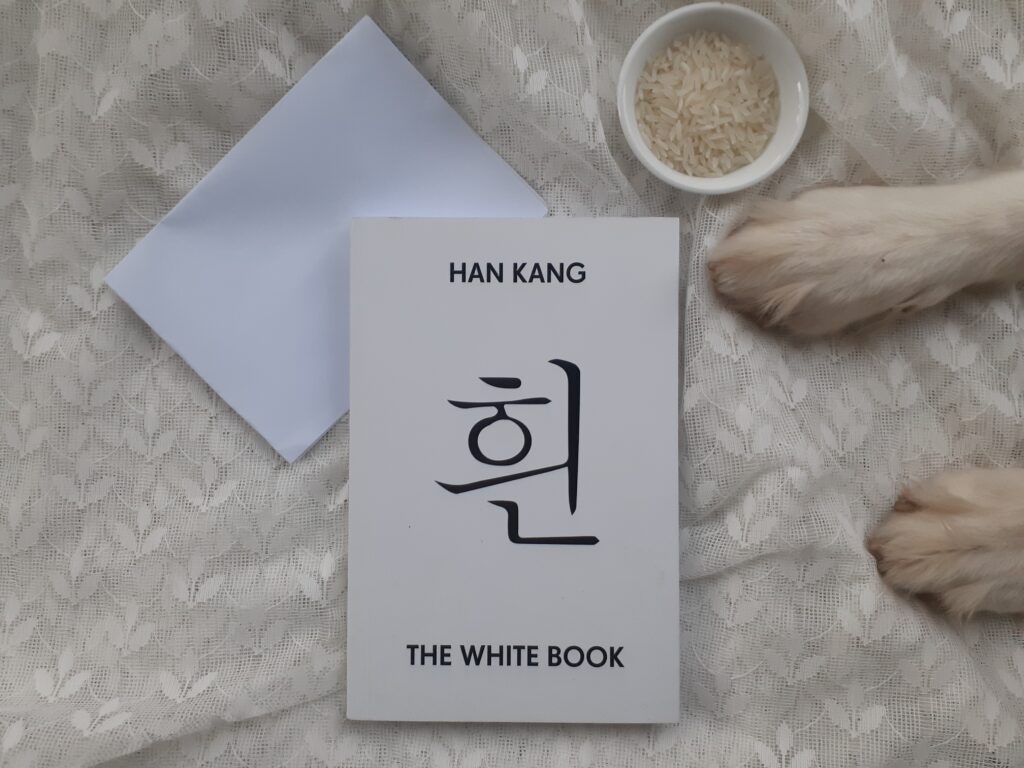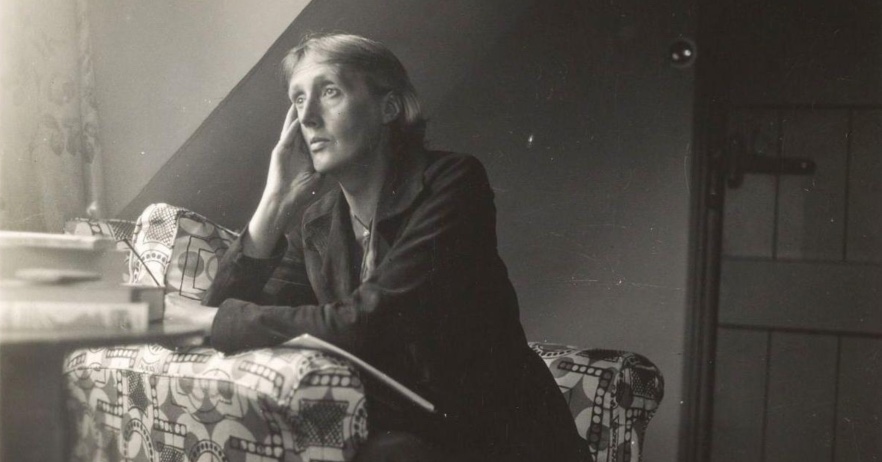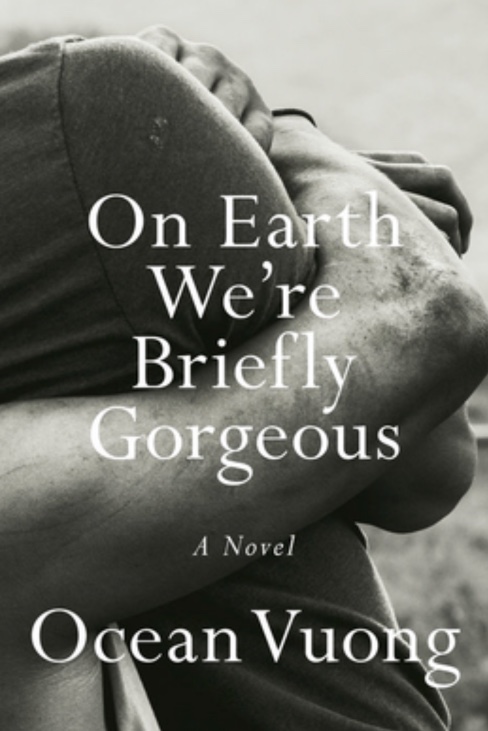The Memory Police
by
Tom Startup

What do we become when we forget things? Are we still the same people? What is left of us when all our memories are gone?
These are just a few of the deep questions raised by Japanese writer, Yoko Ogawa’s intriguing and original novel, ‘The Memory Police ‘, which was shortlisted for the 2020 International Booker Prize. It is the story of a young novelist who lives on an island in which things suddenly start to disappear: first birds, roses and boats and later calendars and watches. When they disappear, they do not vanish, but rather the people of the island cease to remember their significance. The Memory Police, a powerful government institution, enforce these disappearances by destroying the objects and punishing anyone who doesn’t comply. When the novelist discovers that unlike everyone else, her editor does not lose his memory during the disappearances, she fears for his safety. Together with her friend ‘the old man’ they hide him from the Memory Police in a bid to preserve his life, and the memory of things that would otherwise be lost. But the disappearances continue, pushing the trio to the limits of their friendship, and ultimately existence itself. Ogawa’s prose is sparse and elegant. No one in the novel has a proper name, and its geographical and historical location are left undescribed. In the hands of a different writer this might have rendered the story less moving and more abstract. But Ogawa conjures immediacy and emotion through vivid descriptions of everyday interactions and objects. These stylistic devices also serve to give the story a universal and timeless feel. This is a story about meaning, how it is created and destroyed, and what that tells us about what it is to be human. If you like a gripping rollercoaster of a read, then this is not the book for you. But if you can appreciate beautiful writing and a meditation on deep ideas, I highly recommend it. I will certainly be trying more of her books.


